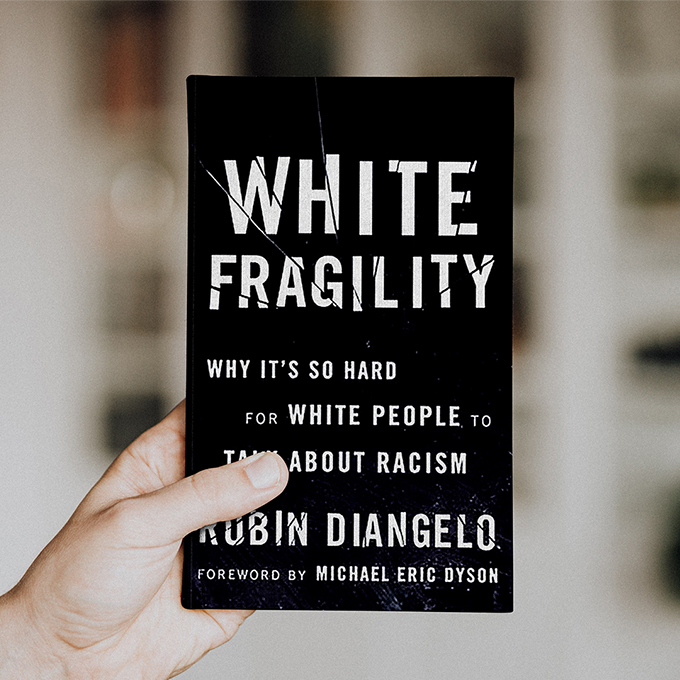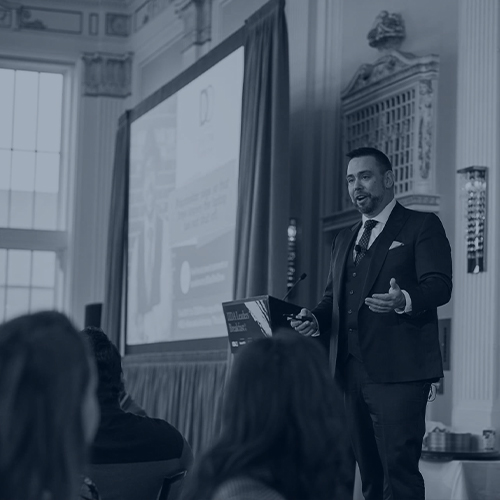What the Hell is a Leadership Value and Why Should I Care?
Early in my career I ran a workshop where participants were required to define some of the most commonly identified leadership values. In small groups they wrestled to articulate what words like integrity, respect, honesty and accountability actually meant.
As we prepared to leave, one participant raised his hand to ask, “Hey Drew…you just made us spend two hours creating definitions for words we consider to be values. I’m wondering how you actually define the word ‘value’ itself.”
I stared at him. I blinked. I tried to look thoughtful while a single thought ran through my head:
“Oh shit…I have no idea.”
He had given me the perfect example of a leadership question: a question that makes the person who is asked learn more than the person doing the asking. It was embarrassing in the moment but I’m tremendously grateful he asked, since when a gap in your knowledge is pointed out you’re generally driven to spend the time necessary to fill that gap. His challenge helped me articulate the definition that eventually ended up in my book:

A value is a decision-making principle: an articulation of what you want your decisions to accomplish. Identifying loyalty as a value demonstrates that your decisions will focus on honouring your connections and commitments. Perseverance says you’ll choose to overcome obstacles and endure discomfort. Mindfulness says your decisions will aim to keep you conscious, aware, and engaged in any given moment.

The fact is, if a value isn’t referenced during decision making it’s not actually a value; it’s just something that looks good on a website or a poster on your office wall. Countless companies spend tens of thousands of dollars and hundreds of consulting hours on creating company values only to fail to reference them when they communicate major operational or policy decisions to their employees. If you’re in a meeting where decisions are made and your company values aren’t referenced, you might as well toss them out.
As such, when you identify and define your personal leadership values you’re creating a powerful personal and professional tool: a clear set of criteria for decision making. Once you’ve established this criterion, decision making becomes a simple process, though a far from easy one:
1) You look at the options available to you
2) You hold them up next to your list of identified values
3) You ask yourself: “which one of these options most lives up to these values?”
The challenge is obvious however: often the option that is most consistent with your values sucks. It is not the one that allows you to avoid punishments, look good, take the money, stay in the job, or remain in the relationship.
But it is the decision you’ll be happiest you made five years from now. If we make every decision in our lives as if we’re standing in front of a room full of people we respect explaining the decision five years from now a lot of the noise surrounding our decision-making falls away.
While people may not love working with someone with whom they disagree on decisions, they hate working with people who aren’t consistent in their decision making. A lack of clarity on decision-making criteria means a lack of consistency, and perhaps more importantly, it creates a misalignment between the person you want to be and the person your decisions create.
After all, if you haven’t taken the time to identify and define your values so you can use them as criteria for decision-making, my question to you is this: what criteria have you been using to make decisions your whole life?
As uncomfortable as it may be to admit sometimes, for most of us, the criteria we’ve most often used to make our decisions is “which option will avoid the most consequences right now?”
That approach doesn’t lead to good decisions, it doesn’t lead to honourable decisions, and it doesn’t lead to decisions that make you proud in the long run. There’s a better way, even if it’s a harder one.
My work focuses on how to create your personal decision-making criteria by identifying and defining your own leadership values. If you’re interested in learning more about how or having me share this process with your team, set up a free consultation!







